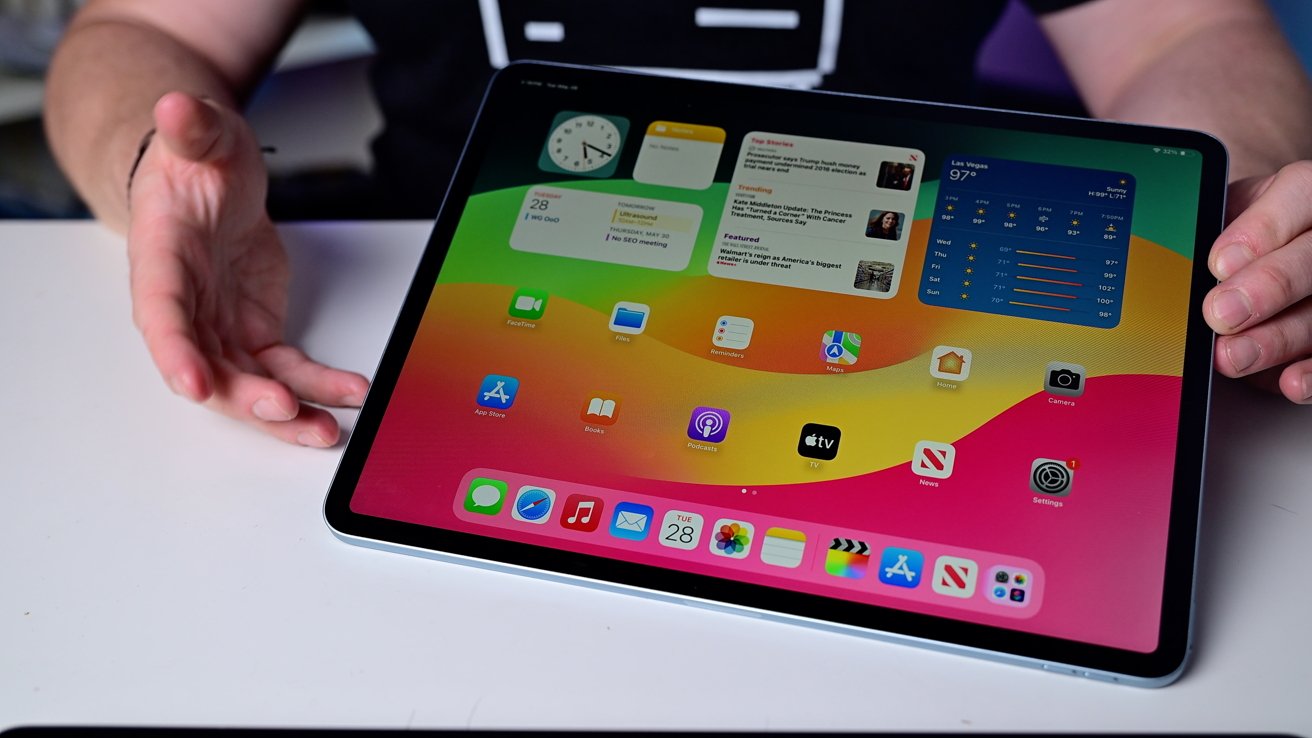Apple’s anticipated Smart Home Hub, internally code-named J490, has experienced a significant delay, with its release now projected for 2026. This postponement is primarily attributed to challenges in integrating advanced Siri functionalities essential for the device’s operation.
Background and Development
The Smart Home Hub is envisioned as a central control unit for managing various smart home devices, offering users a seamless and intuitive interface. Reports suggest that the device will feature a 6 to 7-inch OLED display, resembling an iPad, and will operate on a specialized system known as HomeOS. This setup aims to provide users with comprehensive control over their smart home accessories, including lighting, thermostats, and security systems.
Siri Integration: A Pivotal Component
A cornerstone of the Smart Home Hub’s functionality is its deep integration with Siri, Apple’s voice assistant. The device is designed to leverage enhanced Siri capabilities, such as contextual understanding and advanced app control, to deliver a personalized user experience. These enhancements are part of Apple’s broader Apple Intelligence initiative, which seeks to make Siri more responsive and intuitive.
Delays in Siri Enhancements
The development of these advanced Siri features has encountered setbacks. Initially slated for release with iOS 18.4, the enhancements have been postponed, with current projections indicating a rollout between iOS 19 in September 2025 and iOS 19.4 in March 2026. This delay directly impacts the Smart Home Hub, as its core functionalities are dependent on these Siri improvements.
Internal Testing and Quality Assurance
Despite the delays, Apple has initiated internal testing of the Smart Home Hub. Selected employees are evaluating the device in real-world settings to gather feedback and ensure a polished user experience upon release. This cautious approach underscores Apple’s commitment to delivering a product that meets its high standards of quality and functionality.
Competitive Landscape
The smart home market is currently dominated by devices like Amazon’s Echo Show and Google’s Nest Hub. Apple’s entry into this space with the Smart Home Hub signifies a strategic move to offer a product that not only integrates seamlessly with its ecosystem but also emphasizes user privacy and advanced AI capabilities. The success of the Smart Home Hub will depend on its ability to differentiate itself through superior design, functionality, and integration.
Future Outlook
While the delay to 2026 may disappoint some consumers, it reflects Apple’s dedication to ensuring that the Smart Home Hub delivers a robust and reliable user experience. By addressing the challenges associated with Siri integration and conducting thorough internal testing, Apple aims to introduce a product that stands out in the competitive smart home market.



